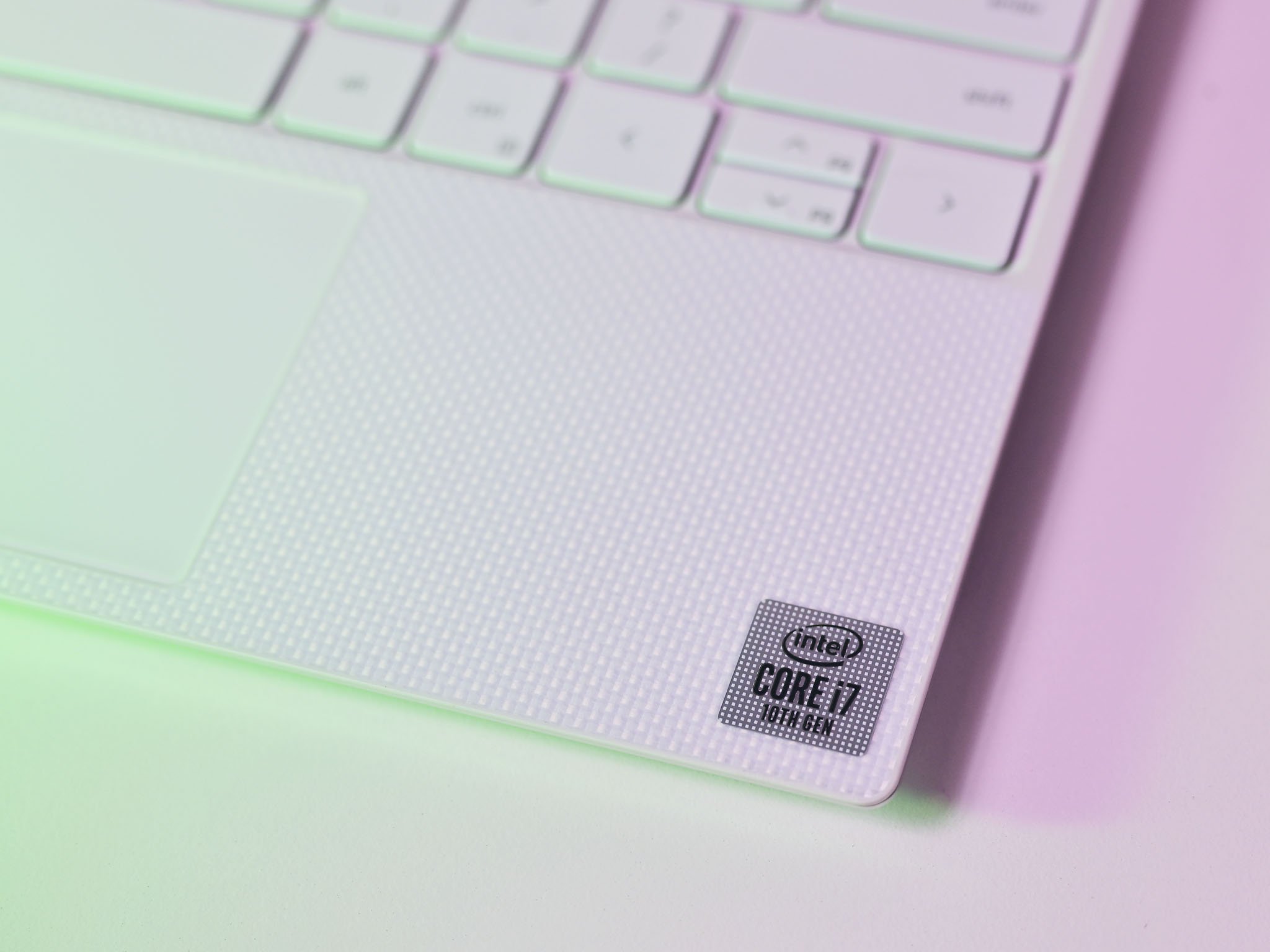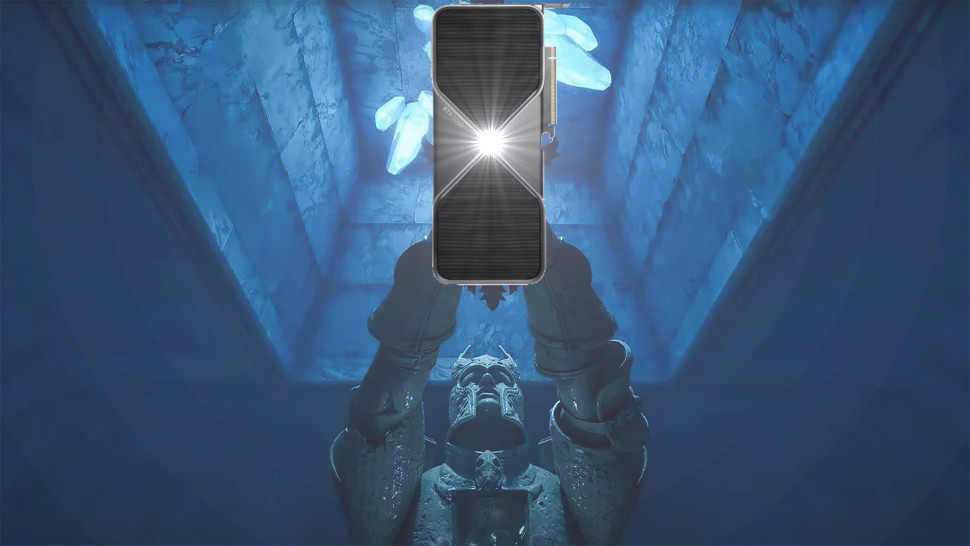Intel's 28W chips reportedly reserved exclusively for Apple
Apple appears to have a locked grip on Intel's 28W chips.

What you need to know
- Recent reports suggest that Intel's 28W chips could be exclusively reserved for Apple hardware.
- Windows laptops generally have 15W or 45W chips.
- The situation could potentially leave the door open for AMD to gain ground in the Windows laptop space.
Reports emerged recently that suggest that Intel's 28-watt (28W) chips are reserved exclusively for Apple devices. Intel's Core i7-1068G7 chip was recently removed from Intel's chip database. The Intel Core i7-1068NG7 seems to have been slotted in place of the Core i7-1068G7 and the Core i-5-1038NG7 appeared as well. The "N" inside the name being the key factor in relation to Apple. According to Notebookcheck, the "N" designation means that these new Ice Lake processors are exclusively for Apple. This assertion is backed up by Geekbench results.
All three of these chips are 28W processors, making them distinct from the rest of the Ice Lake-U processor line that are either 15W or 25W chips. This, among other evidence points towards 28W chips being exclusively reserved for Apple.
Intel's chips inside Windows devices fall into two major categories, 15W chips in Ultrabooks and 45W chips in more powerful devices like the XPS 15 and Razer Blade 15. Manufacturers can make 15W chips run at a higher thermal design power (TDP), which gives them more power, as long as they're properly cooled. Such a case is found with the new Razer Blade Stealth and Surface Book 3, which both use 15W chips with a higher TDP.
A 28W chip inside a Windows device would seem a likely middle ground between the 15W and 45W chips, but as of now, the 28W chips haven't graced a Windows device. Instead, 28W processors have only been inside laptops from Apple.
This trend isn't new, but the change in Intel's chip database brought it to the forefront recently. It's unclear if there's an exclusive partnership between Apple and Intel, if Apple has some sort of deal to get first choice of chips, or if 28W chips have just ended up in only Apple hardware due to manufacturers choosing other chips.
If this gap between 15W and 45W chips on Windows laptops remains, it could leave the door open for AMD to gain space in the market. AMD's Ryzen Mobile 4000 U-series processors appear in several new notebooks, and could help fill the gap in Windows laptops. Additionally, on the business side of things, AMD's Ryzen Pro 4000 chips could fill that gap within the business laptop segment.
Get the Windows Central Newsletter
All the latest news, reviews, and guides for Windows and Xbox diehards.

Sean Endicott is a tech journalist at Windows Central, specializing in Windows, Microsoft software, AI, and PCs. He's covered major launches, from Windows 10 and 11 to the rise of AI tools like ChatGPT. Sean's journey began with the Lumia 740, leading to strong ties with app developers. Outside writing, he coaches American football, utilizing Microsoft services to manage his team. He studied broadcast journalism at Nottingham Trent University and is active on X @SeanEndicott_ and Threads @sean_endicott_.
